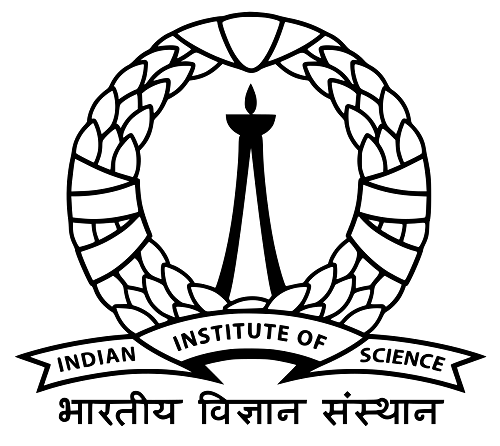Scientists at the Indian Institute of Science (IISc) have discovered that Pranlukast, a drug commonly used to treat asthma and allergic rhinitis, may have promising applications in tuberculosis (TB) therapy. Their research suggests that Pranlukast could significantly enhance the healing process of lung tissues infected with TB.
Pranlukast functions by inhibiting leukotrienes, chemicals released by the body during inflammatory responses. This discovery highlights the interdisciplinary nature of medical research, where treatments for one condition can potentially be repurposed for another. Infectious disease experts find this development particularly intriguing, and it may represent a valuable addition to existing anti-TB treatments.
The research team, led by Prof. Avadhesha Surolia and Raju S. Rajmani from the Molecular Biophysics Unit (MBU) at IISc, believes that Pranlukast could recruit pro-healing immune regulatory macrophages. This could improve the healing of lung tissues affected by TB, enhancing treatment outcomes. By leveraging the body’s immune system to fight infection and promote tissue repair, this approach offers a promising avenue for TB therapy.
Pranlukast belongs to a class of drugs that block leukotrienes by binding to their receptors without producing antagonistic effects. This mechanism could improve the efficacy and shorten the duration of current TB treatments. The researchers emphasize the importance of understanding the dynamics between Mycobacterium tuberculosis and macrophages to design effective host-directed immunomodulatory therapies for TB.
As reported by PhramaBiz, the study revealed that Pranlukast reduced the bacterial burden in the lungs by decreasing Mycobacterium TB susceptibility and increasing the population of pro-inflammatory interstitial macrophages. These findings suggest that selectively recruiting pro-healing immune regulatory macrophages can enhance the host’s immune response, aiding in the clearance of the bacteria and promoting the resolution of TB infection.
Further studies and clinical trials are necessary to fully assess the efficacy and safety of Pranlukast in this context. However, the initial results indicate a promising new direction for improving TB treatment.
























